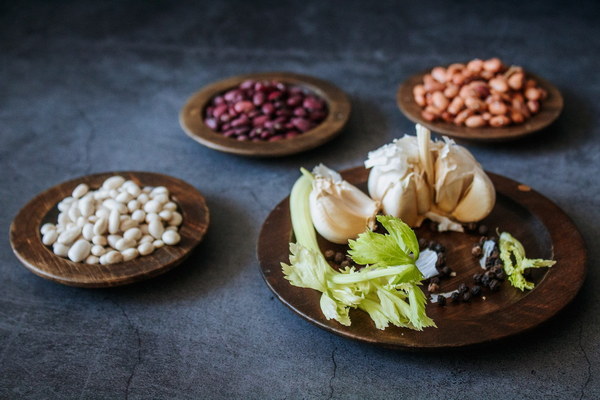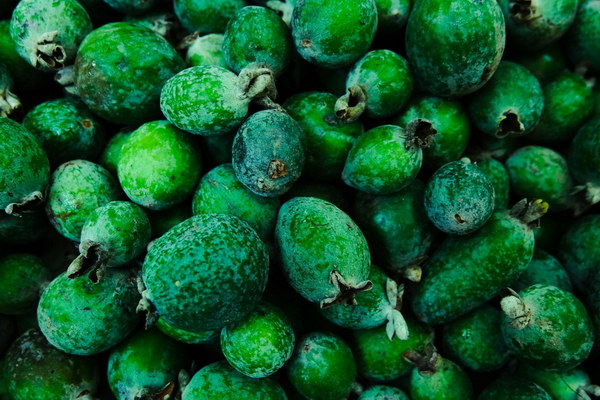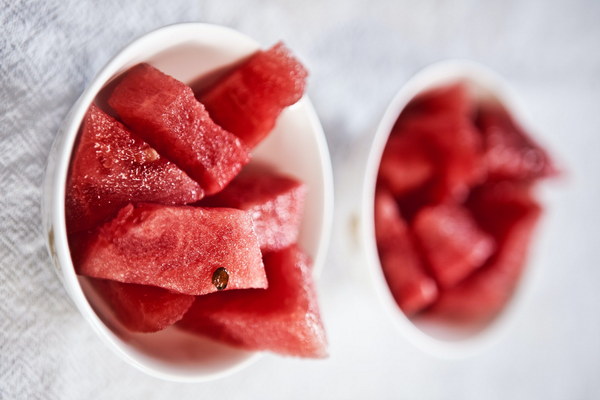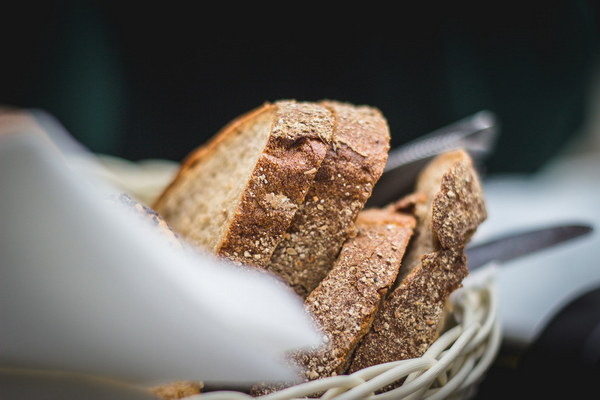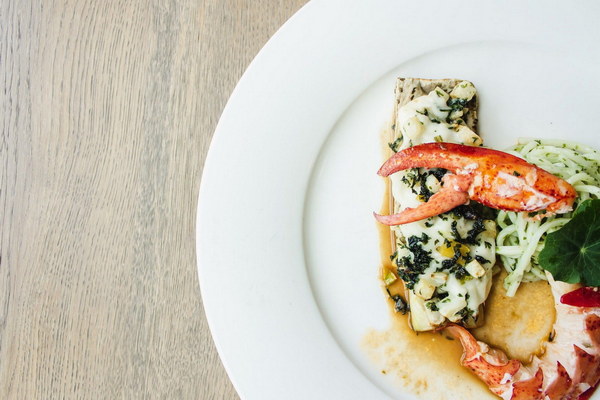A Holistic Approach to Traditional Chinese Medicine Differentiating Body Types and Tailoring Dietary Treatments
Introduction:
Traditional Chinese Medicine (TCM) has been practiced for thousands of years and is known for its holistic approach to health and wellness. One of the key principles of TCM is the concept of 'bing tai', which emphasizes the importance of understanding and treating individuals based on their unique body types. This article explores the concept of 'bing tai' and discusses how TCM utilizes dietary treatments to address specific body types, a practice known as 'bing tai shi shi'.
Body Types in TCM:
In TCM, there are four primary body types: the Yang body, the Yin body, the Qi body, and the Blood body. Each body type has distinct characteristics and requires different dietary and lifestyle adjustments to maintain balance and promote health.
1. Yang Body:
People with a Yang body tend to be energetic, hot, and often experience heat-related issues such as sweating, irritability, and a red face. To balance the Yang body, TCM recommends a cooling and nourishing diet. Foods that are rich in vitamins, minerals, and antioxidants, such as fruits, vegetables, and whole grains, should be included. Herbs like Peony and Licorice root can help to cool the body and reduce heat.

2. Yin Body:
Yin body types are typically calm, cool, and may experience cold-related issues such as cold hands and feet, fatigue, and a pale complexion. To balance the Yin body, TCM suggests a warming diet with foods that are rich in protein and fat, such as nuts, seeds, and legumes. Herbs like Astragalus and Goji berry can help to warm the body and boost energy.
3. Qi Body:
Qi body types are known for their strong constitution and high energy levels. They often suffer from digestive issues, such as bloating, gas, and constipation. To balance the Qi body, TCM recommends a diet that focuses on strengthening the digestive system. Foods that are rich in fiber, such as leafy greens, fruits, and vegetables, should be included. Herbs like Ginger and Cinnamon can help to stimulate digestion and improve overall Qi flow.
4. Blood Body:
Blood body types are characterized by their sensitivity and emotional nature. They may experience issues such as anemia, fatigue, and poor concentration. To balance the Blood body, TCM suggests a diet that is rich in iron, vitamins, and minerals. Foods like dark leafy greens, red meat, and beans are beneficial. Herbs like Dong Quai and Chuanxiong can help to nourish the blood and improve overall emotional well-being.
Dietary Treatments in TCM:
Once the body type is determined, TCM practitioners will tailor dietary treatments to address specific needs. Some common practices include:
1. Food Therapy: TCM utilizes food therapy to balance the body's energy and promote healing. Practitioners may recommend specific foods or dietary combinations that align with the individual's body type and health concerns.
2. Herbs and Supplements: In addition to dietary adjustments, TCM may recommend herbs and supplements to support the body's natural healing processes. These can include herbal teas, powders, and tinctures.
3. Lifestyle Modifications: TCM emphasizes the importance of a balanced lifestyle, which includes proper sleep, exercise, and stress management. These factors are crucial in maintaining overall health and preventing disease.
Conclusion:
The practice of TCM, with its emphasis on 'bing tai shi shi' or 'differentiating body types and tailoring dietary treatments,' offers a unique and effective approach to healthcare. By understanding and addressing the specific needs of each individual, TCM can help to promote balance, prevent disease, and improve overall well-being. As the world continues to seek holistic and integrative approaches to health, the principles of TCM and its use of dietary treatments will continue to play a vital role in the pursuit of a healthier society.
